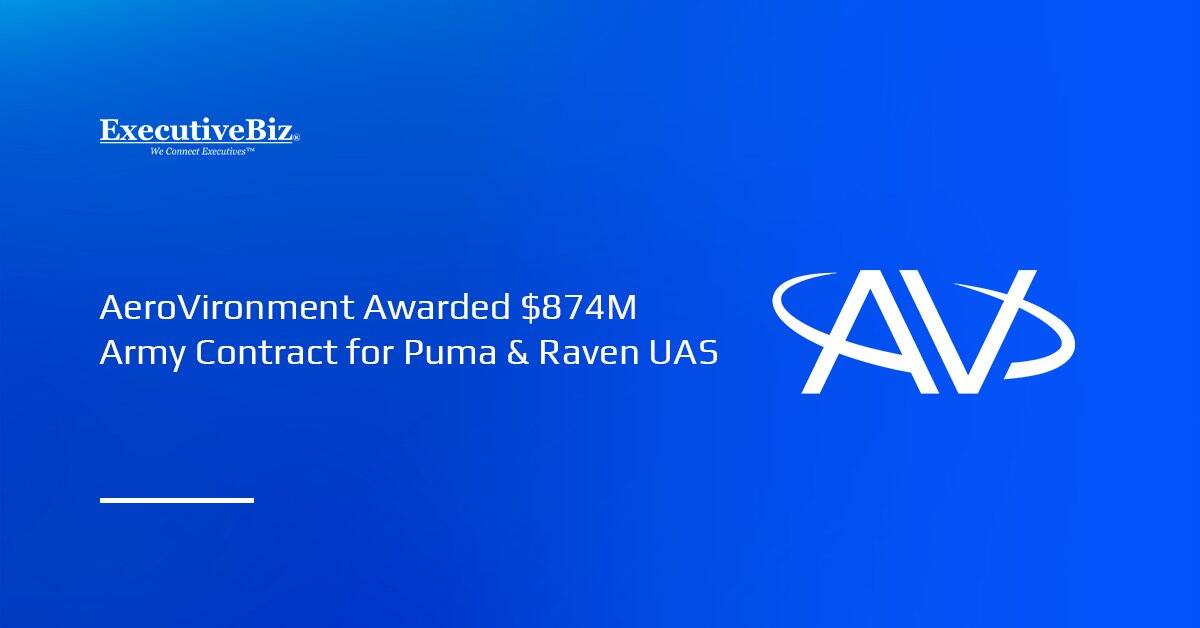Anduril Industries, in partnership with South Korean shipbuilder HD Hyundai Heavy Industries, is developing a new class of autonomous surface vessels, or ASV, including a variant that meets the requirements of the U.S. Navy’s Modular Attack Surface Craft, also known as MASC, program.
Anduril said Thursday that the ASV will be powered by its software-defined autonomy and mission systems that will integrate propulsion, navigation and payload control into a single platform and allow commanders to reconfigure missions in real time.
It is designed for modularity across hardware and software stacks, eliminating vendor locks and supporting various missions, including intelligence, surveillance, strike and electronic warfare.
The steel-built platform will also have a 360-degree field of view to enhance situational awareness and payload performance.
How Will Anduril, HD Hyundai Build the ASVs?
The ASV is intended to be produced and upgraded at speed through iterative software updates and adaptable hardware integration. The approach, according to Anduril, demonstrates how an affordable, software-defined vessel can support distributed maritime operations.
The first prototype is being fabricated in South Korea to validate the design and onboard systems before transitioning to domestic manufacturing. However, all future ASVs, including the MASC variant, will be built in the United States.
Anduril is revamping the former Foss Shipyard in Seattle, Washington, which will serve as the company’s hub for assembly, integration and testing. The company is also working with Hadrian, a provider of precision automation and rapid fabrication capabilities, to modernize the manufacturing of key components and reduce lead times and increase production capacity across the supply chain.
How Will the Effort Support the Navy’s MASC Program?
The MASC program aims to provide the Navy with an autonomous, hybrid fleet that can operate in contested waters alongside more traditional, manned warships.
The effort is in line with the service’s broader shift toward unmanned fleets. At an August event, Capt. Matt Lewis, the Navy’s program manager for unmanned maritime systems, explained that the shift stems from concerns about the costs of building ships intended to house a crew.





